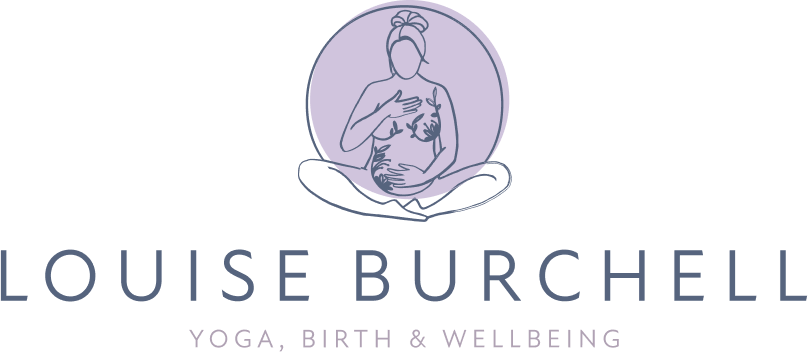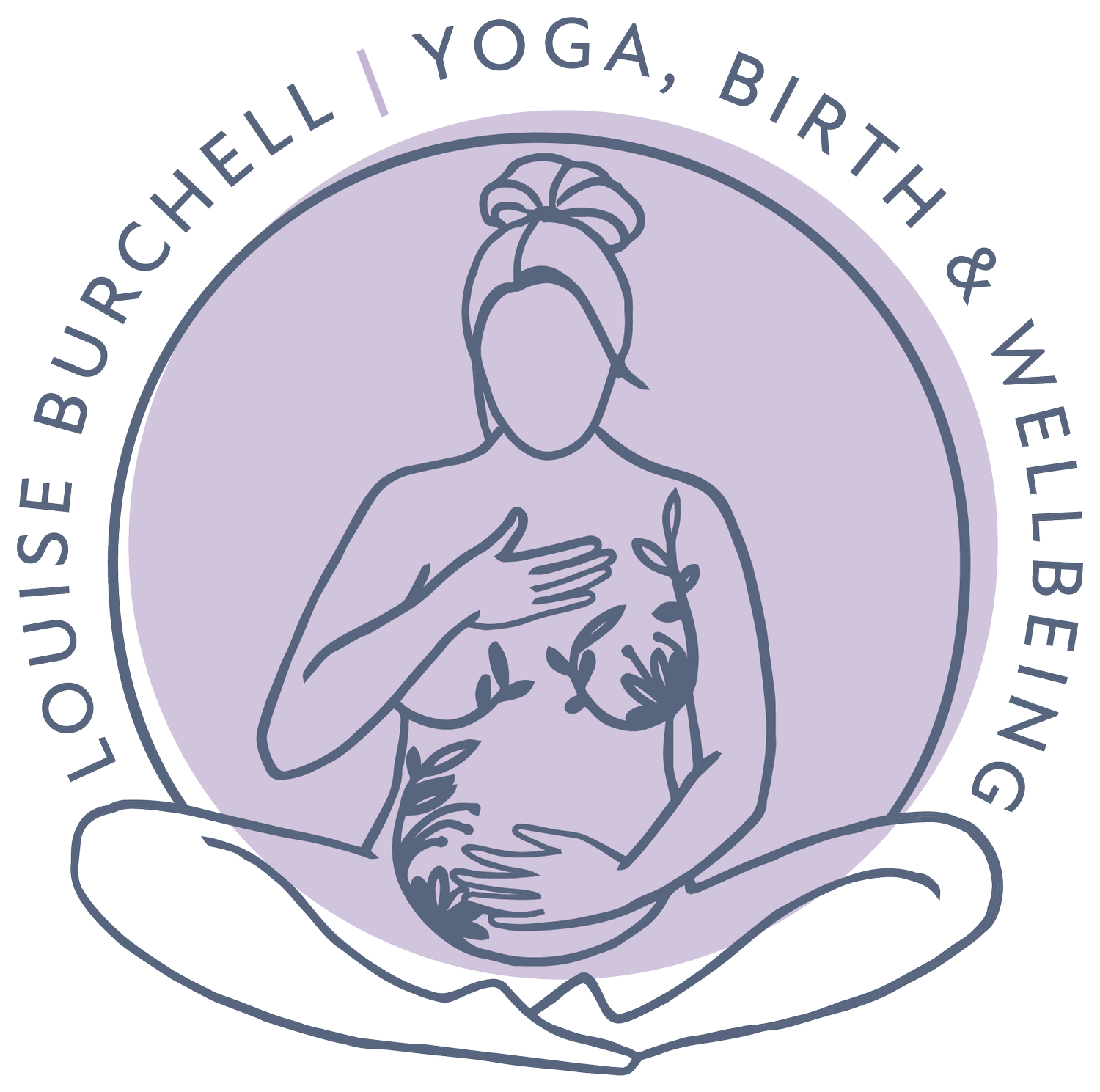The Masks We Wear: Personas and loss of identity
Do you ever find yourself saying or thinking things like “I don’t know who I am anymore” or “I just don’t feel like myself”?
We all wear different masks. One for work, another for family, yet another with friends. However, these masks, while often helpful, can slowly disconnect us from who we truly are. The masks can become so ingrained that we experience a loss of identity which can have a hugely negative impact on mental health.
In both my work as a counsellor and through conversations with friends, I often witness how these masks can shape - and strain - our sense of self. Swiss psychotherapist Carl Jung referred to the masks as personas, and understanding them can help us take steps towards emotional and psychological wellness.
Understanding the Persona
Jung described the persona as the social face we present to the world. It’s not who we really are, but who we think we should be in various settings. For example, you might wear the mask of the competent professional even when you’re struggling inside, or the endlessly giving mother while feeling completely depleted.
Personas are necessary. They help us navigate relationships and societal expectations. But when we become too attached to or reliant on these roles, we can lose touch with our authentic self.
Carl Rogers, the founder of person-centred therapy, understood this tension well. He wrote, “The curious paradox is that when I accept myself just as I am, then I can change.”
This kind of acceptance begins when we start acknowledging the masks we wear and gently tuning in to what lies beneath them.
When the Mask Becomes the Identity
There’s a cost to living only through our personas. I often see clients - especially women going through life transitions like matrescence (becoming a mother) or perimenopause - struggling with the tension between who they are expected to be and who they really are. It’s ‘expectation versus reality’, but without the funny side-by-side comparisons of cakes gone wrong - this is real life.
Disconnection from - or denial of - yourself and your needs can lead to:
Emotional fatigue from constantly performing a role - when we feel we must always appear ‘fine’
Anger, or even rage, bubbling just beneath the surface and erupting when you least expect it
Loss of identity as our true desires and feelings get buried
Anxiety and depression
Dissatisfaction with surface-level relationships that lack depth or real understanding
Dr. Gabor Maté speaks powerfully to this theme:
“The loss of authenticity is often the greatest source of suffering.”
When we silence or fragment parts of ourselves to meet external expectations, we not only lose our voice - we also lose our vitality and sense of meaning.
Reconnecting with Your True Self
The journey back to yourself isn’t about discarding all your roles. It’s about becoming aware of them and gently peeling back the layers to see what’s underneath.
This path is rarely easy - it often calls us into vulnerability, something Brené Brown describes as essential to wholehearted living.
“Authenticity is the daily practice of letting go of who we think we’re supposed to be and embracing who we are.”
Read that again - “Authenticity is the daily practice of letting go of who we think we’re supposed to be and embracing who we are.” It’s in those small, everyday choices - based on what you actually want or need, not what you think you should want or need - that we begin to reconnect with the self behind the mask.
How many times have you made a decision based on other people’s needs? Maybe your partner or your children’s? Or said yes to an invitation that you actually really didn’t want to attend but felt like you should? Maybe because you’re worried about letting people down, even if that is at the expense of your own happiness, rest or wellbeing.
What brings you joy?
When I first meet a new counselling client, one of my questions is to find out what they do that brings them joy. Some people can answer straight away (be in nature, friends, family, making or listening to music, being creative…). Others cannot think of a single thing they do that makes them happy. Then my question becomes can you think of anything you used to do that makes you happy?
So, what do you do that brings you joy? How often do you get to do it? How can you make more time for it?
Reflective Journaling Prompt
Think of a recent moment when you felt you had to wear a ‘mask’. What were you trying to hide? What would it have felt like to be fully honest in that moment? Are there people in your life that you feel you can really be yourself with? What is it about them that allows you to drop the mask?
Mindful Movement
If you practice yoga, notice how different poses make you feel. Are you doing the posture in a way that feels good in your body or because someone else is doing it that way? Are there moments when you feel most “yourself”? What changes in your breath, posture, or energy? You could apply this to any kind of movement e.g. running, gym classes, competitive sports.
Self-Inquiry Practice
Ask yourself regularly: Am I acting out of habit/expectation or from my truth? Even a few minutes of quiet reflection each day can create space for insight.
Creating Space for Authenticity
Part of my work - whether in one-on-one counselling or in group yoga classes - is helping people create safe, compassionate spaces to reconnect with their deeper self.
If you’re feeling the weight of your roles, just not feeling like yourself or craving more authenticity, I invite you to explore one of my offerings. Together, we can uncover the self behind the mask and begin your journey toward greater happiness and wholeness.
Explore My Offerings
Final Thoughts
We all wear masks - it’s part of being human. But you are more than any role you play. When we begin to notice our personas and tend to the self underneath, we invite happiness, a sense of ease and deeper connection. Not just with others - but with ourselves.
As Jung said, “The privilege of a lifetime is to become who you truly are.”


